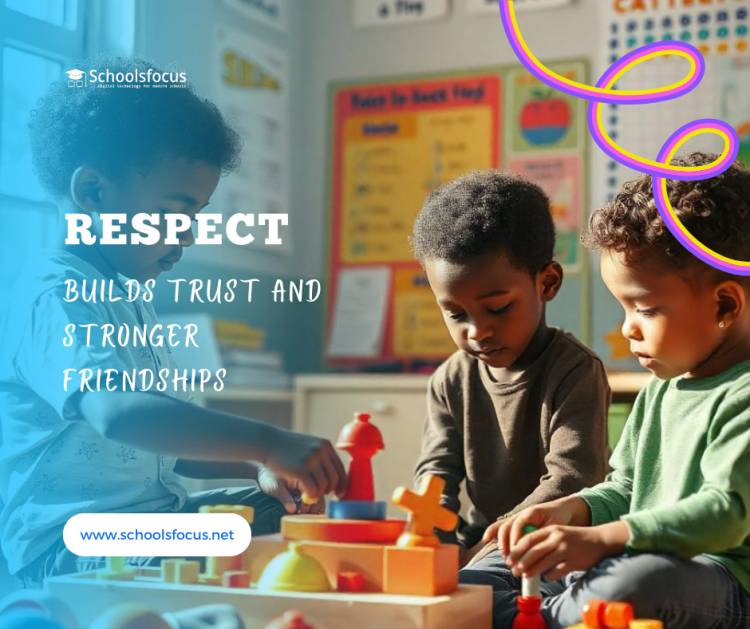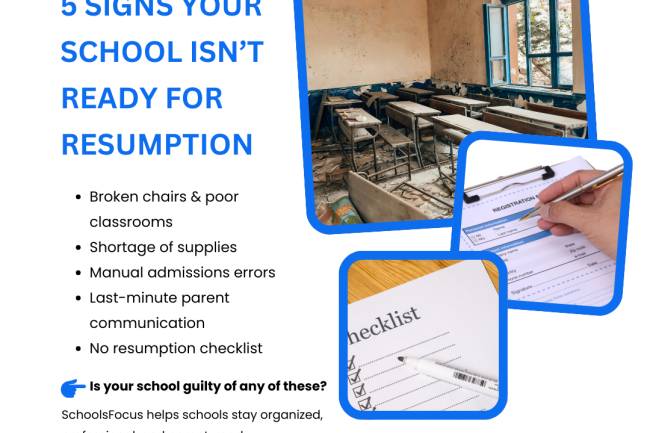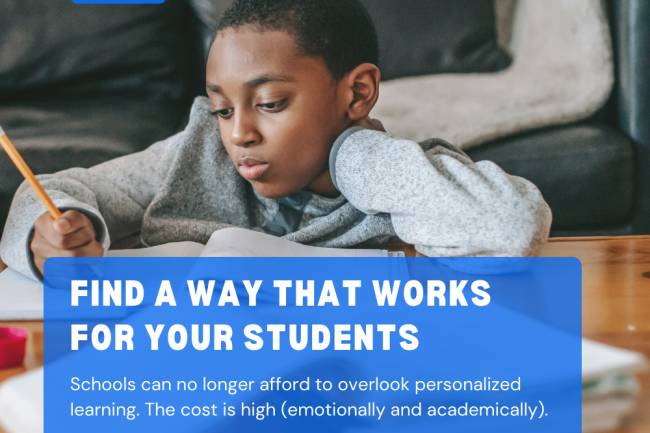
Building Foundations of Respect and Empathy
Teaching Children to Respect Others' Belongings: A Parent’s Guide
Respecting others’ belongings goes far beyond manners, it’s a lesson in empathy and trust that can transform your child’s relationships and social skills. When children learn early to value and care for the possessions of others, they not only cultivate respect but also build stronger, more genuine connections with the people around them. In this post, we explore practical steps to guide your child on this important journey.
Set Clear Expectations
Begin by establishing clear guidelines about what respect looks like in everyday situations. Engage in simple, honest conversations with your child. For example, explain, “We ask before using someone else’s things, and we take care of what’s given to us.” This straightforward rule not only clarifies boundaries but also sets a foundation for a respectful attitude.
Be the Example
Children are keen observers, learning more from what they see than what they’re told. Demonstrate respectful behavior by treating others’ belongings with care. When handling a friend’s items, you might say with a smile, “Let’s handle our friend’s books gently, just like we would want them to treat ours.” Your tone and facial expressions reinforce the message, making your actions a live model for your child to follow.
Celebrate Respectful Behavior
Positive reinforcement is key to making respectful habits stick. When you notice your child showing consideration, like returning a borrowed toy in pristine condition, celebrate the effort. A simple praise such as, “You did such a good job taking care of it. That’s so kind of you!” goes a long way in encouraging the behavior to continue. By acknowledging their efforts, you not only build their confidence but also solidify the importance of respect in their day-to-day interactions.
Engage and Share
Parents and caregivers play a crucial role in shaping these values. Consider sharing your experiences or asking other parents, “How do you teach your kids to respect others’ property?” Engaging in a conversation can spark a community of ideas and support, enriching the journey of parenting.
Incorporate these strategies into your daily routine and watch as your child grows into a more empathetic and respectful individual. Respect isn’t just a lesson, it’s a way of life that begins at home.
Feel free to share your tips and experiences in the comments below!














